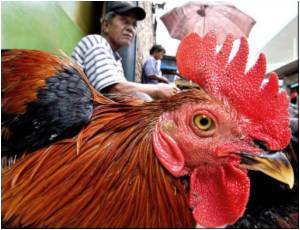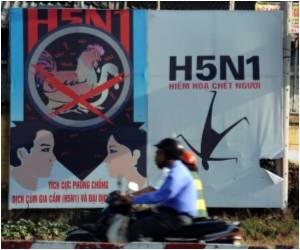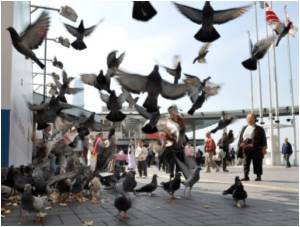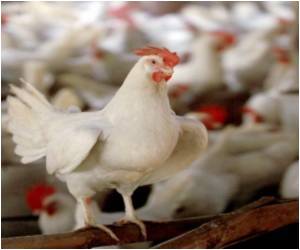
Authorities raised the bird flu alert level to "serious" and suspended live poultry imports while they trace the origin of the infected chicken, meaning major disruptions to poultry supplies over the busy Christmas period.
"It is unfortunate that an avian influenza case is detected before the Winter Solstice, necessitating a halt to the supply of live chickens," Chow said.
"I understand that it will cause inconvenience to the public, and the poultry trade will also encounter losses."
All chickens at the Wholesale Poultry Market were slaughtered and extra inspections were ordered at chicken farms and hospitals.
Authorities confirmed Tuesday that an oriental magpie robin found dead in a secondary school at the weekend had tested positive for H5N1, the second such case in a week.
Advertisement
A school clerk who picked up the bird was taken to hospital with her son, who had developed flu-like symptoms, but both were cleared later.
Advertisement
The virus, which does not pass easily from human to human, has killed more than 330 people around the world, with Indonesia the worst-hit country. Most human infections are the result of direct contact with infected birds.
In people it can cause fever, coughing, a sore throat, pneumonia, respiratory disease and, in about 60 percent of cases, death.
Scientists fear H5N1 will mutate into a form readily transmissible between humans, with the potential to cause millions of deaths.
Hong Kong is particularly nervous about infectious diseases after an outbreak of deadly respiratory disease SARS in 2003 killed 300 people in the city and a further 500 worldwide.
Source-AFP








